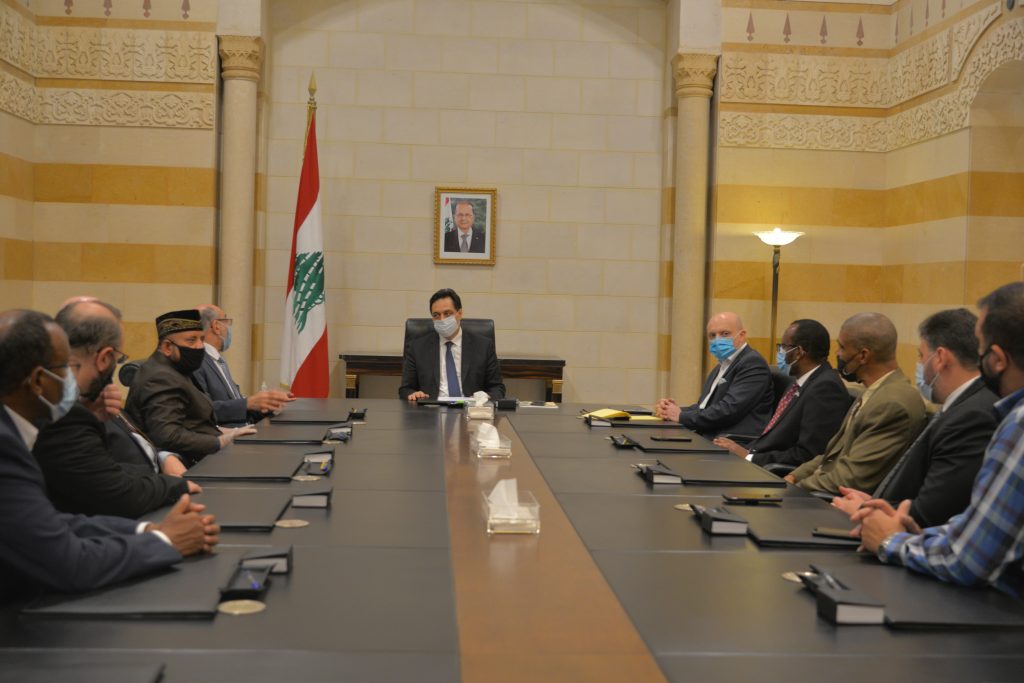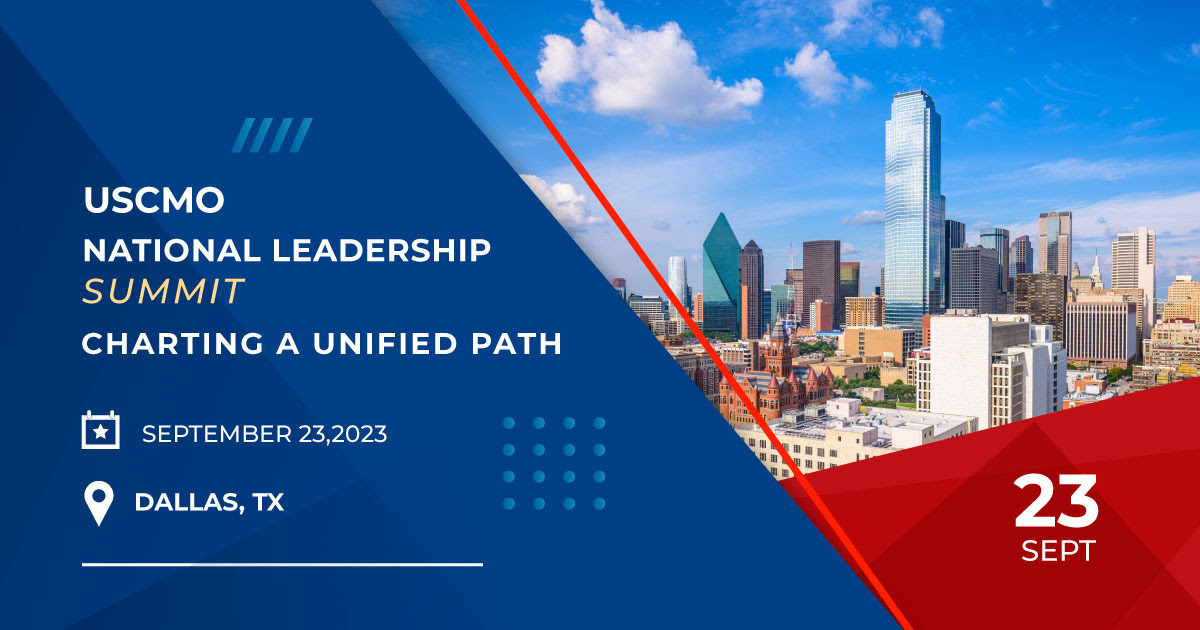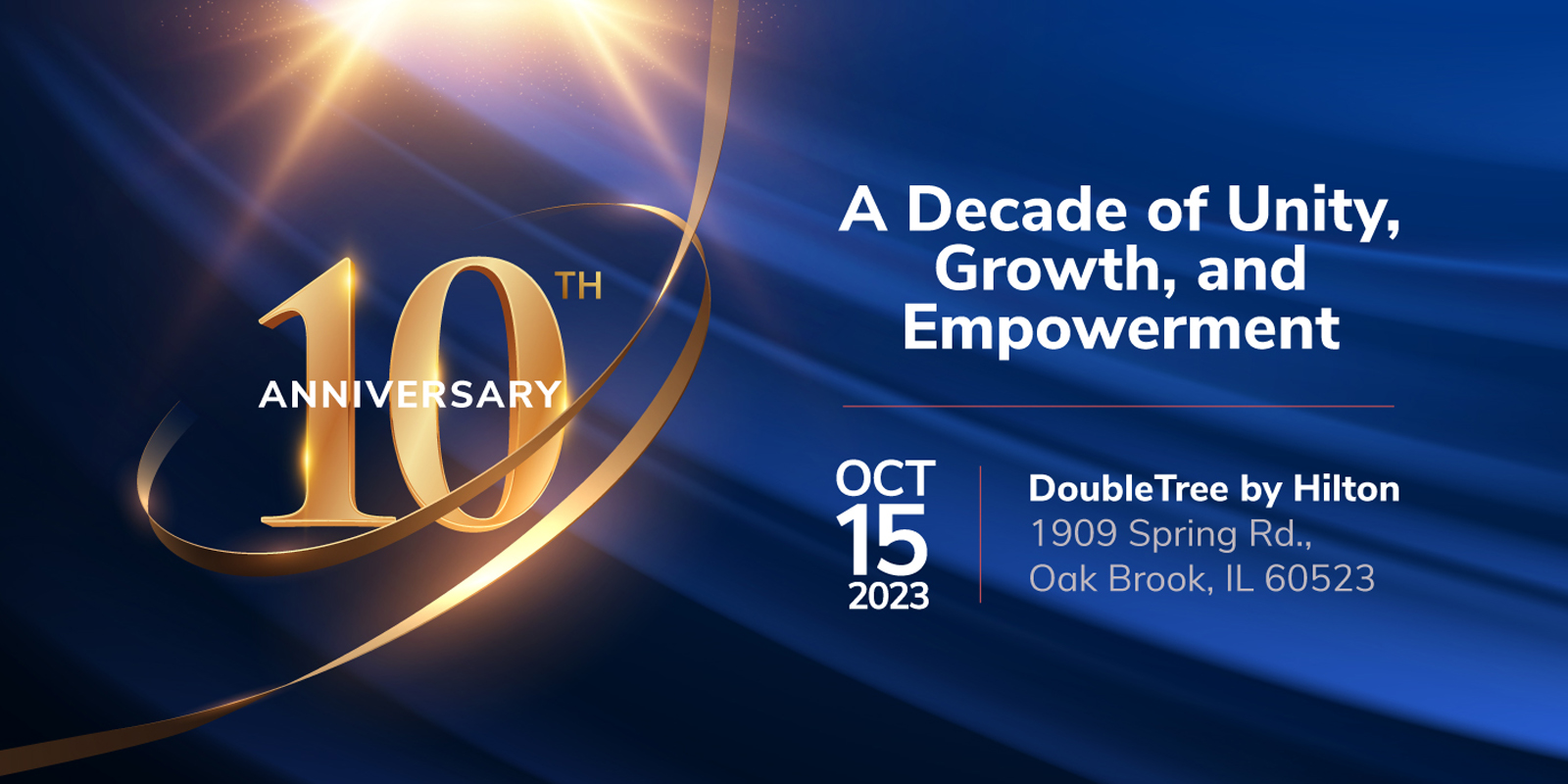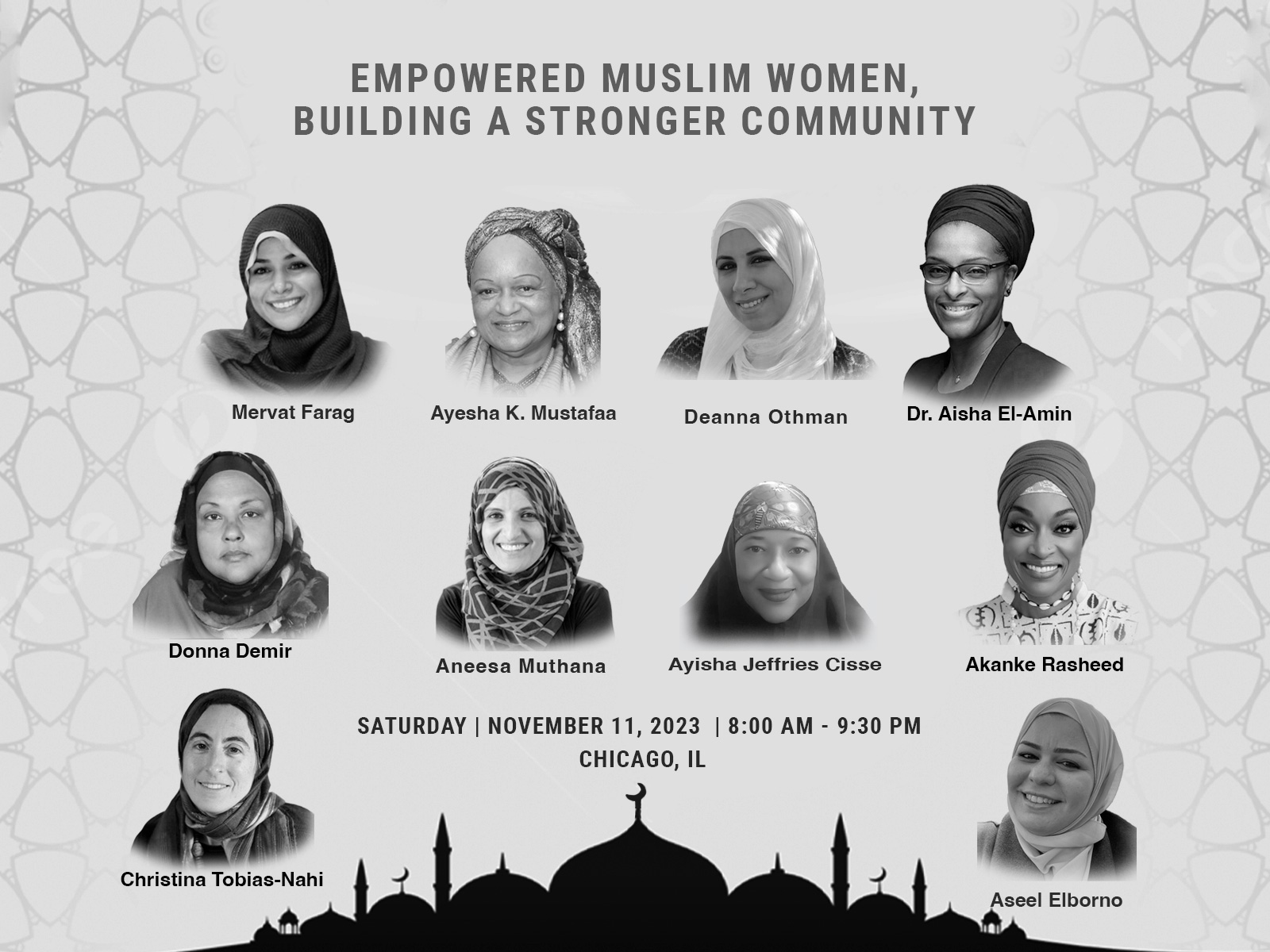(WASHINGTON, D.C., 27 Aug 2020) – A delegation of the US Council of Muslim Organizations (USCMO), the largest Muslim-American coalition of leading national and local community institutions, has just returned from its three-day human solidarity visit to the battered people of Lebanon, surveying first hand the indescribable destruction of the horrific August 4 Port of Beirut explosion.
[wptb id=11507]
“The human loss is utterly shocking and heartbreaking, and the physical destruction is devastatingly catastrophic for tens of miles from the port far into the city,” said Oussama Jammal, USCMO secretary general, who led the delegation.
“We wanted to personally convey our condolences to all the Lebanese people, let them know America’s Muslims care deeply about them, stand united with them as one of them, and intend to collectively help them in whatever ways we can in their hour of need.”
Focused Fact-Finding
The three-day visit, from 20-22 August, gave leaders from prominent Muslim American national associations, as well as humanitarian organizations conducting relief operations in Lebanon since the mega-explosion, a chance to see firsthand the massive 1,440-foot blast crater, and the surrounding devastated areas, neighborhoods, and institutions.

Delegate representatives included Osama Abuirshaid, AMP; Imam Muhammad Ruhul Amin, MUNA; Imam Haaziq Muhammad II, TMC (Ministry of Imam W. Deen Mohammed); Imam Mohamed Mursal and Sheikh Hasan Jama, IANA; Bassam Obeid, NAIF; Mazen Mokhtar, Baitulmaal; and Mohammed Hassan, Mercy Without Limits.
They met with Lebanon’s now caretaker Prime Minister Hassan Diab and other representatives to discuss aid needs and logistics, and toured St. George hospital and the Rosary Sisters hospital, two of the three medical facilities instantly incapacitated by the apocalyptic eruption.
[wptb id=11509]
“We offered our sympathies for the victims in our meeting with Mr. Diab, and relief support to the Lebanese people for the extensive losses they and their city have suffered,” said Jammal.
“We also had a very fruitful discussion with the Deputy Prime Minister Zeina Akar and Lebanese Education Minister Tarek Majzoub about the immediate needs of the victims and how our relief organizations can help,” Jammal said. “He agreed, for example, to establish direct communication with USCMO to facilitate our humanitarian organizations’ support efforts so that we can ensure that the outpouring of aid from the American Muslim community directly reaches the suffering.”
[wptb id=11510]
Broad-based Consultations
The delegation made a point to console and confer with leaders of all parts of Lebanese society, including former Prime Minister Najib Mikati; Mufti of Lebanon Sheikh Abdulatif Darian; Patriarch Moran Mor Bechara Boutros al-Rahi of the Maronite Catholic Church; and Sheikh Ghassan Al Halabi, Deputy of Sheikh Akl of the Druze Unitarian Community.
[wptb id=11511]
The catastrophic detonation of the improperly warehoused ammonium nitrate – “heard and felt as far away as Cyprus, some 180 miles (290 km)” from Beirut, according to a recent Center for Disaster Philanthropy report – killed more than 220, injured at least 6,500, and left some 300,000 suddenly homeless, with an estimated 70,000 homes damaged, sending an ominous mushroom cloud billowing into the sky and sonic devastation of buildings for miles out from its epicenter.
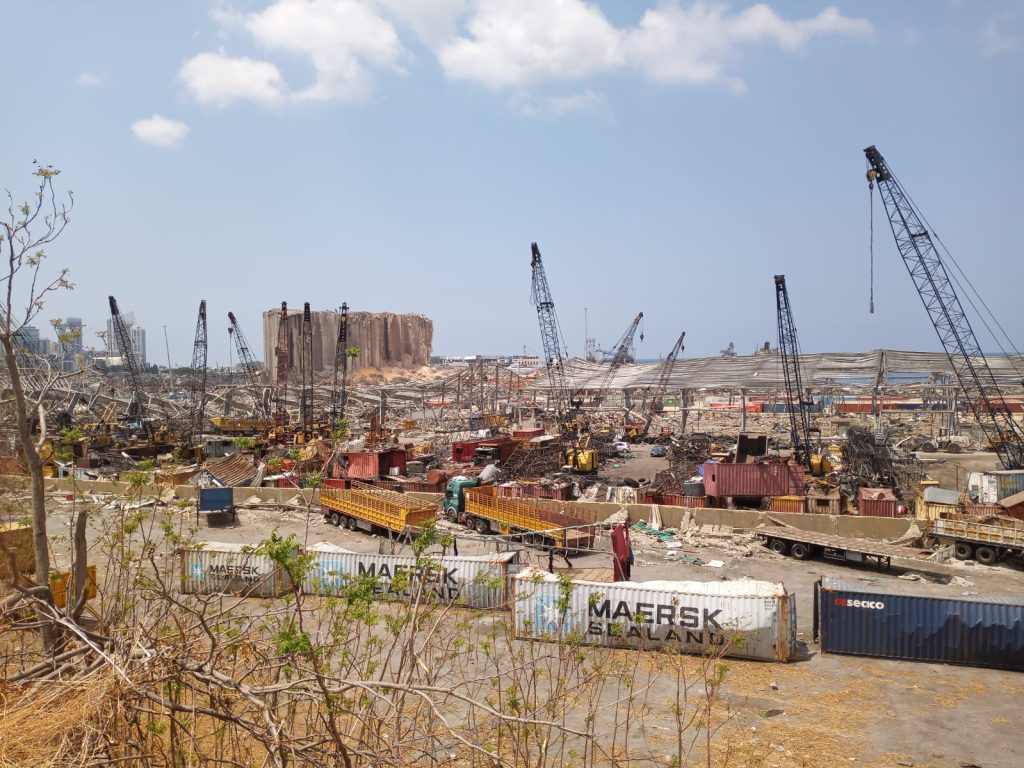
The blast, one of the largest non-nuclear explosions in history, registered an earthquake-like 3.3 magnitude, according to the US Geological Survey, the same report notes.
Lebanese authorities estimate the still untold physical and economic damages of the colossal explosion of some 3,030 US tons (2,700 metric tons) of the highly destructive substance at a staggering $10-$15 billion, according to Beirut Gov. Marwan Abboud, with insurance losses spiraling to $2 to $3.5 billion, according to industry actuaries.
Urgent Need
These disaster figures come on top of an exploding Lebanese poverty rate of 55%, according to an August 19 UN Economic and Social Commission for Western Asia (ESCWA) report. That means Lebanon’s afflicted now struggle to meet basic needs, including food, clean water, shelter, and clothing. About half that number – 23% – have descended into “extreme poverty,” living on $1.25 to $1.90 a day. That’s up a staggering 15% from 2019’s 8% figure.
With Covid-19 now surging in Lebanon (rates have doubled since the explosion, with medical facilities already overrun with the sick and injured) – including through its 1.5 million Syrian refugees (Lebanon has the largest per capita refugee population in the world) – and with incomes plummeting and inflation and food prices soaring, the humanitarian outlook for Lebanon has turned dire.
“We considered it essential to risk travel to Lebanon during this pandemic,” said Jammal, “not only to make the concern of America’s Muslims tangible to people from all walks of Lebanese life but to find direct ways to actually begin to rush help into the hands of the people themselves. Their lives are truly at stake.”

